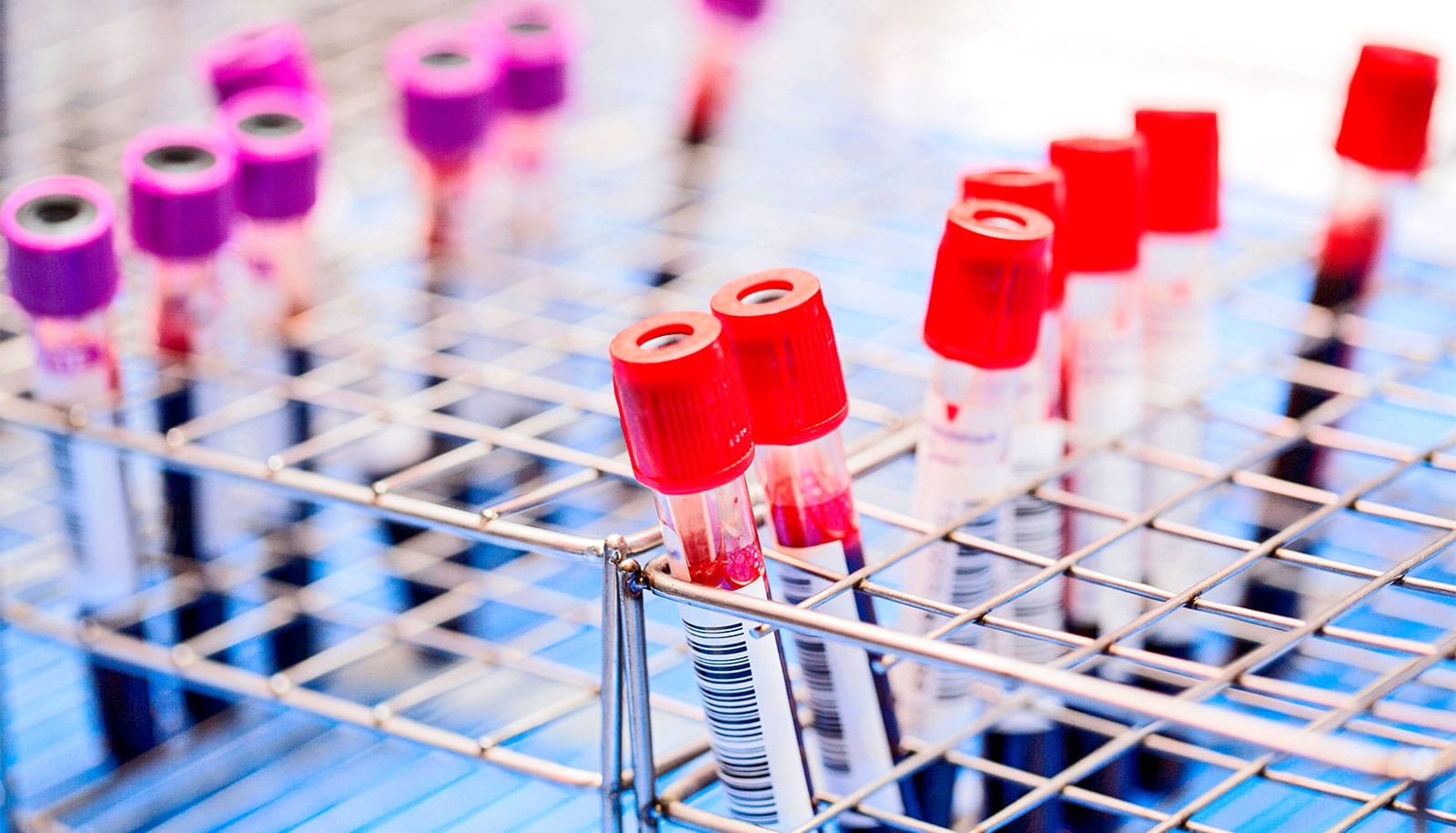Researchers have uncovered a number of proteins that could play a critical role propagating signals within cells that can lead to uncontrolled cell growth—one of the hallmarks of cancer.
The study, which appears in Cell Reports, used mouse fibroblast cells.
The researchers behind the study believe the results may prove important to the development of new so-called tyrosine phosphatase-inhibiting drugs for patients suffering from different types cancer, such as leukemia, as well as other types of diseases including Noonan syndrome.
The researchers focused on the protein communication and signaling that take place inside the cells. Mis-regulation of protein signaling often leads to an increase in the production of tumors. By understanding the mechanisms and regulation of these signals, the researchers can specifically target the proteins responsible with drugs.
Using mass spectrometry proteomics to analyze the proteins of cells treated with various growth hormones in combination with advanced data analysis, the researchers discovered proteins that manipulate the communication processes inside the cells initiated by cell receptors and thus inhibit the development of cancer.
When inhibited the prominent protein tyrosine phosphatase called Shp-2 caught the researchers’ attention.
“This in fact leads to the deactivation of a very prominent cell growth pathway, which is the main pathway that people often try to target in cancer cells,” says professor Jesper Velgaard Olsen of from the Novo Nordisk Foundation Center for Protein Research at the University of Copenhagen.
At the beginning of the study, the researchers knew of a handful of proteins that Shp-2 regulated. However, using the mass spectrometry analyses the researchers discovered around 100 potential new targets, revealing a far more complexity than previously considered.
Now the researchers need to do further studies to determine the role and mechanisms of these proteins. They are already following up on their first results with human cells.
“Now we are doing follow-up projects, looking specifically at leukemia, where the cancer cells have mutations in these different receptors which can be regulated by Shp-2,” says postdoctoral researcher Tanveer Singh Batth.
New method detects chemo success with Doppler
Cancer patients are often treated with tyrosine kinase inhibitors, which block pathways inside the cells to inhibit tumor growth. However, many develop resistance to current clinical inhibitors thus there is a substantial need for finding new proteins that can be used as drug targets.
The new discoveries could contribute to the development of personalized medicine, where preventive treatments target patients’ personal DNA or protein expression profiles.
“It will be a drug that can be used only in a world with personalized medicine, where it will not be given to for example all leukemia patients, but only to those with mutations in one of the receptor tyrosine kinases where we now know this Shp-2 protein operates,” says Olsen.
Source: University of Copenhagen



